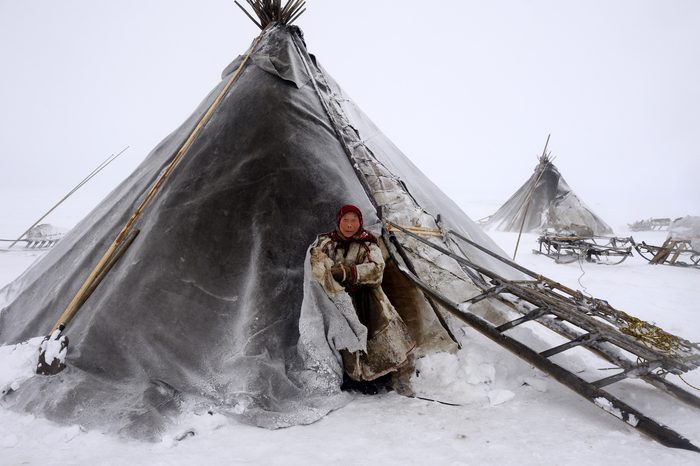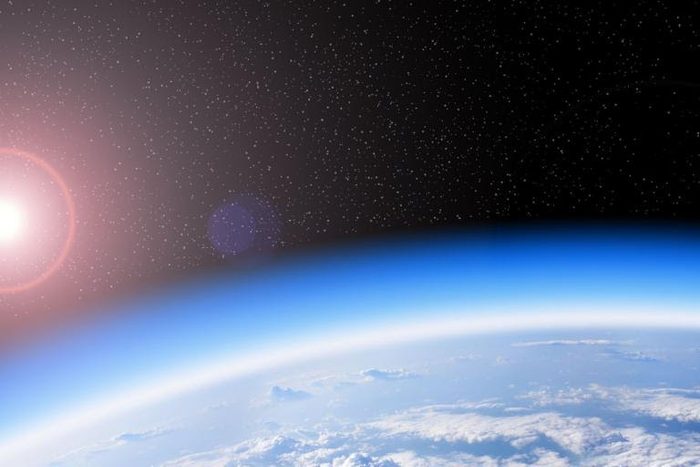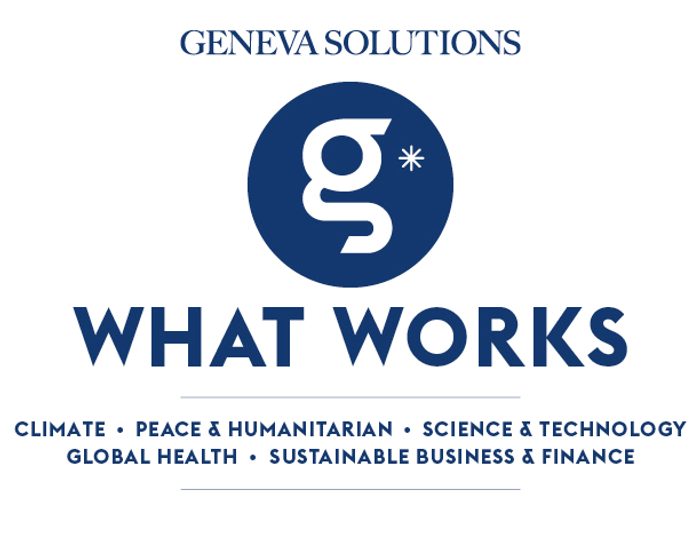Hi, this is Michelle. Years before its full-blown invasion of Ukraine and sweeping crackdown on dissent, Russia was already hinting at some of the great lengths it would go to to dissuade its detractors.
One German researcher who was banned from Russia for 50 years after giving a UN speech on its treatment of Indigenous groups wants to expose Moscow’s tactics. To be more precise, he wants the UN’s Human Rights Committee, the custodian of the foundational covenant on civil and political rights, to declare the ban a rights violation.
While unlikely he will be able to set foot on Russian soil again, it may set a precedent for other countries that may want to retaliate against their critics in the future. |

|

Nenet woman at the entrance of a tent in the Yar-Sale district, Yamal, Northwest Siberia, Russia, April 2016. (Keystone/Nature Picture Library/Eric Baccega)
|
|
In November 2018, Johannes Rohr spoke at a United Nations forum in Geneva, denouncing Russia’s liquid natural gas project in the Yamal peninsula, in the north. He detailed how indigenous peoples’ lands were being militarised and exploited without their free, prior and informed consent, with European and Chinese firms investing billions of dollars in the venture. Access to the area, he noted, was tightly controlled by Russia’s FSB.
Rohr, a veteran German researcher on Indigenous rights in Russia, had spent 25 years documenting abuses. His brief, five-minute speech clearly hit a nerve. Weeks later, Rohr flew to Moscow with his visa on hand, like he had done so many times since he started working on the Indigenous peoples of Siberia and the far east in the mid-1990s. This time, he was detained at passport control and held for several hours. He recalls the FSB handing him a document, branding him “a danger to national security” and banning him from entering the country until 2069 on his 100th birthday. Rohr was immediately deported back to Germany.
Read the full story on Geneva Solutions.
|
|
Here's what else is happening
-
🕊️Relaunching international cooperation for today and tomorrow.
The peacemakers of the 1940s would not recognise our era, writes Antonio Guterres in this opinion piece. As the Summit of the Future opens today in New York, the UN secretary general underlines the urgency of relaunching and modernising multilateral cooperation in a new Pact for the Future.
Le Temps (FR)
-
🚸Israel violated global child rights treaty in Gaza, UN committee says.
The 18-member committee accused Israel on Thursday of severe violations of a global treaty protecting children's rights, describing the impact of military actions in Gaza on children among the worst violations in recent history.
Reuters (EN)
-
🇸🇩US, Egypt urge Sudan ceasefire amid worsening humanitarian crisis.
Speaking at a joint press conference in Cairo with Egyptian foreign minister Badr Abdelatty, US secretary of state Antony Blinken said last month’s agreements in Geneva, where a Code of Conduct for RSF fighters was established, are now at risk due to renewed hostilities.
Sudan Tribune (EN)
-
🔬CERN prepares to expel Russian scientists — but won’t completely cut ties.
The particle physics laboratory will expel hundreds of scientists who are affiliated with Russian institutions on 30 November unless they move to establishments outside of the nation. But tensions among researchers remain as it will continue working with a Russian nuclear-research institute.
Nature (EN)
-
🗳️UN General Assembly demands Israel end occupation of Palestinian territory.
The non-binding resolution also said Israel should withdraw its military forces, halt the expansion of settlements and evacuate all settlers from occupied land. Some 124 members voted in favour, with 14 voting against, including the US, and dozens abstaining.
Washington Post (EN)
|

The ozone layer in the earth's stratosphere absorbs most of the ultraviolet radiation reaching the earth from the sun. (WMO)
|
|
Ozone layer on the mend despite volcano eruption, UN weather body says.
The world's ozone layer is on track to making a long-term recovery despite the impact of a major volcanic eruption on the Antarctic ozone hole in 2023, according to the World Meteorological Organization, as efforts to phase-out ozone depleting substances continue to show signs of taking effect.
"The ozone layer, once an ailing patient, is on the road to recovery," UN secretary general António Guterres said in a statement on Tuesday, which also marked World Ozone Day celebrating the 1985 treaty that led to the phase out of substances that deplete the crucial layer of the world's stratosphere. “At a time when multilateralism is under severe strain, the Montreal Protocol to help protect the ozone layer stands out as a powerful symbol of hope.”
Reuters (EN)
|
|
|
GS news is a new media project covering the world of international cooperation and development. Don’t hesitate to forward our newsletter!
Have a good day!
|

|
|
Avenue du Bouchet 2
1209 Genève
Suisse
|
|
|
|









